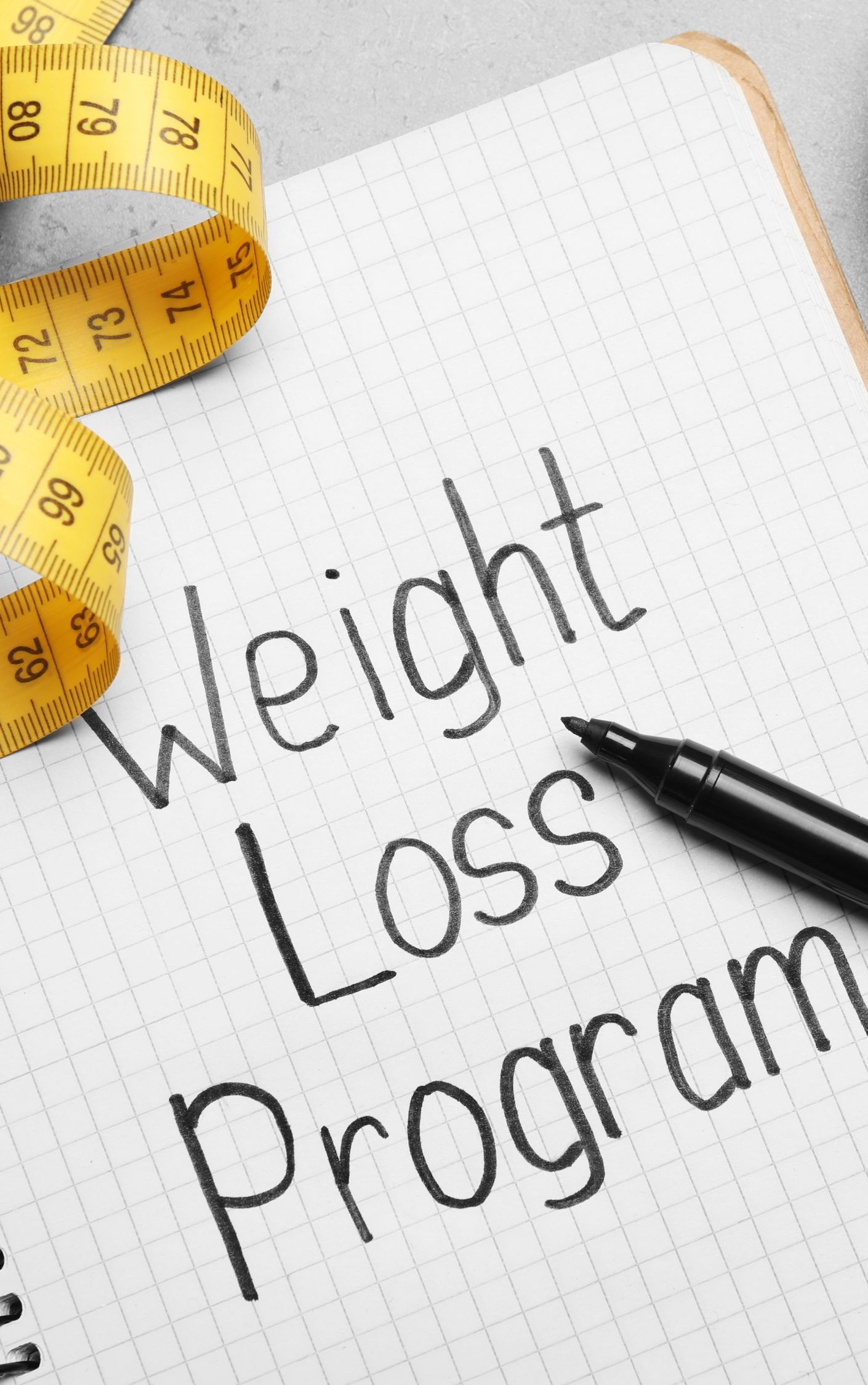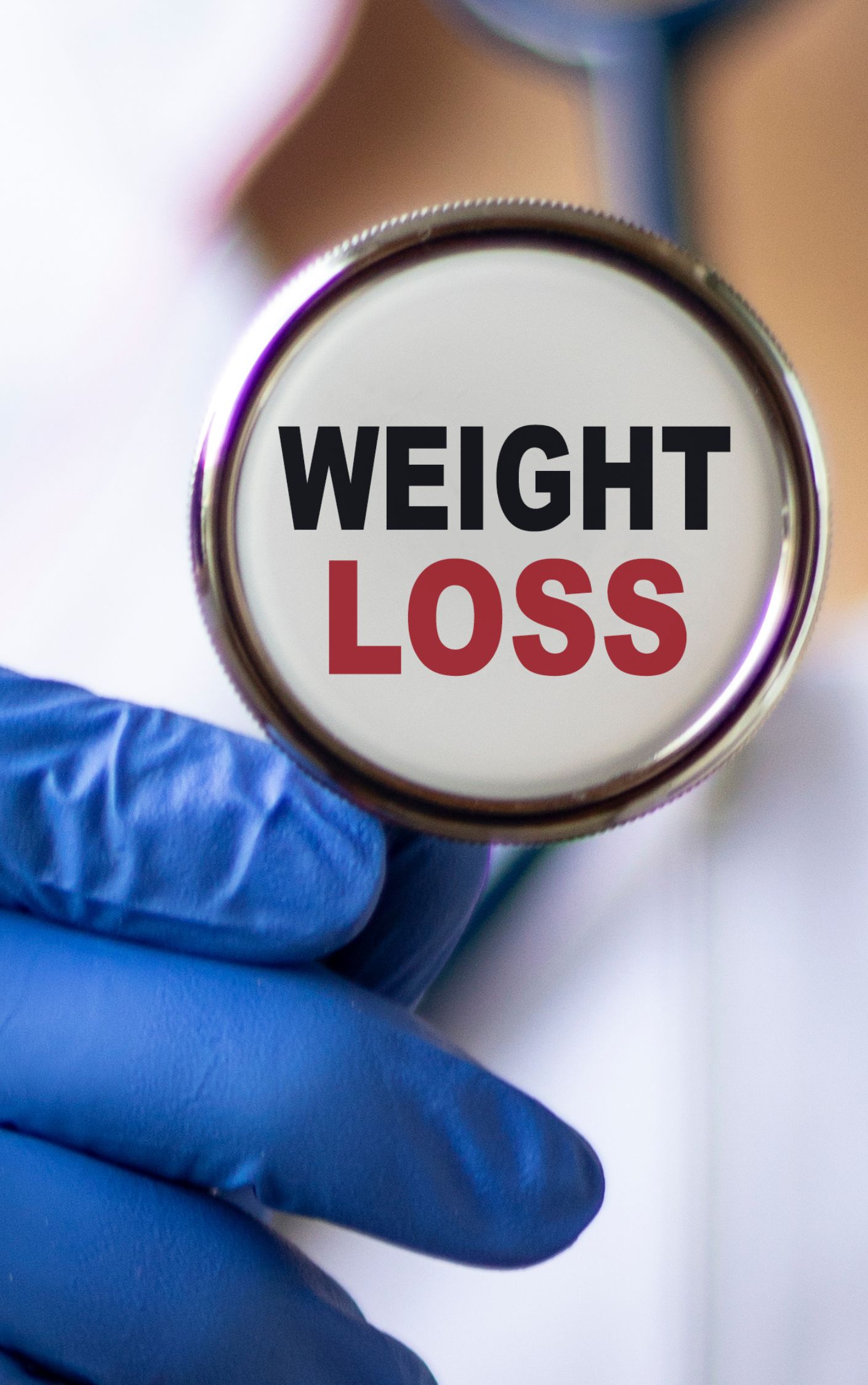Meal planning can make dieting for weight loss easier. Combine meal planning with an appropriate exercise program, and watch the excess fat on your body start to fade away.
There is a simple formula for weight loss, and there is no going around it. You need to consume fewer calories than your body burns up daily. This is called having a caloric deficit, and it forces your body to tap into fat reserves to eliminate body fat.
Think of fat as bio-batteries that provide your body with energy when it is not getting enough fuel from the food and beverages that you consume. Consuming more calories than you need leads to your body building up fat reserves, and consuming less than you need forces your body to tap into your fat storage. When you regularly reach a caloric deficit, your body starts burning fat gradually and losing weight.

Meal planning as part of your weight loss program
For a person who wants to lose weight, it is essential for them to lay out their goals and understand their current caloric consumption before meal planning for weight loss. They also need to calculate how many calories their body needs every day and then keep their daily calorie intake about 500 calories below that. Things to consider when meal planning include:
- Current activity levels
- Weight loss goals
- Existing health conditions that affect dietary needs
- Religious, cultural, or personal dietary requirements
- Cooking and meal prep skills
- How family members will be affected by meal planning
There are countless online resources and smartphone applications that can help with meal planning. Each person’s nutrient requirements are unique, as their fitness goals significantly affect the type of diet that they should consume.
Crafting your fitness goals
After a dieter has figured out their current daily caloric intake and how much weight they want to lose, they are ready to start crafting a meal plan. Remember, a caloric deficit is needed daily to lose weight consistently.
A good meal plan contains things that the dieter enjoys consuming, just in moderation. Dieters can still enjoy moderate portion sizes if they reduce the carbohydrates in their meals. Proteins and vegetables are low in calories, which enables dieters to eat larger portions. This way, they are less likely to crave unhealthy snacks. A balanced meal contains tiny portions of carbohydrates and fat, with larger portions of proteins and vegetables.
The importance of exercise
A good exercise program makes it easier to reach a caloric deficit. Intense exercises, like high- intensity interval training (HIIT), can burn up to 1,000 calories every hour spent training. Burning that many calories when working out enables dieters to consume a broader range of foods.
Start your weight loss program
Meal planning makes it easier to stick to your diet because you can always have a healthy meal in the fridge, making you less likely to eat unhealthy foods. Give us a call or visit our Las Vegas to learn more about the benefits of meal planning.
Get more information about Unicorn Medical Weight Loss & Medi Spa in Las Vegas at unicornmedispa.com
Check out what others are saying about our services on Yelp and Google










